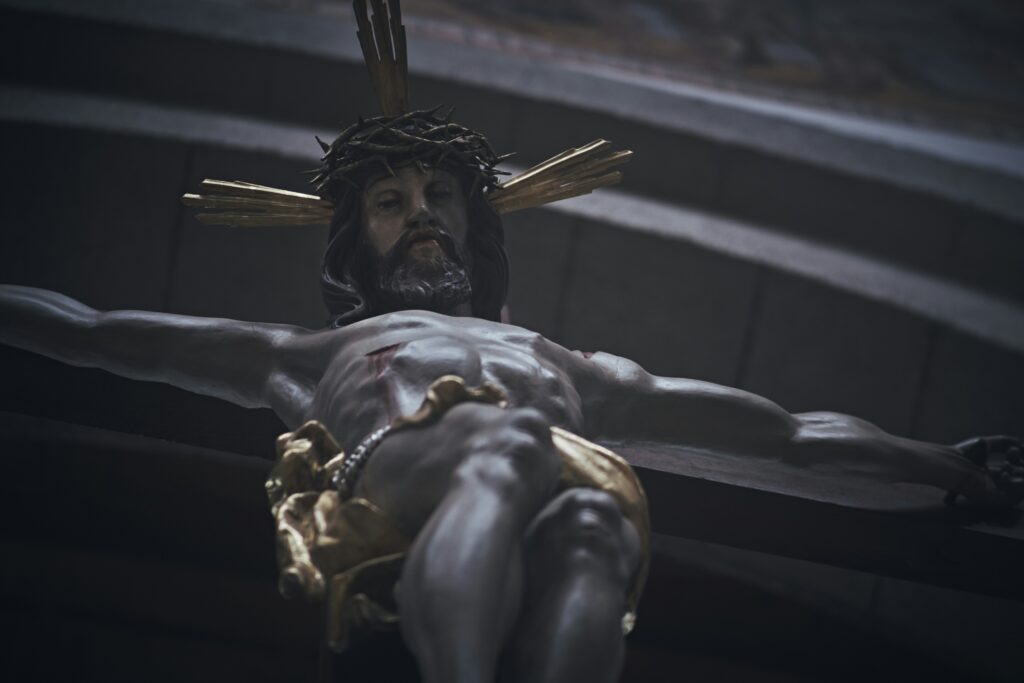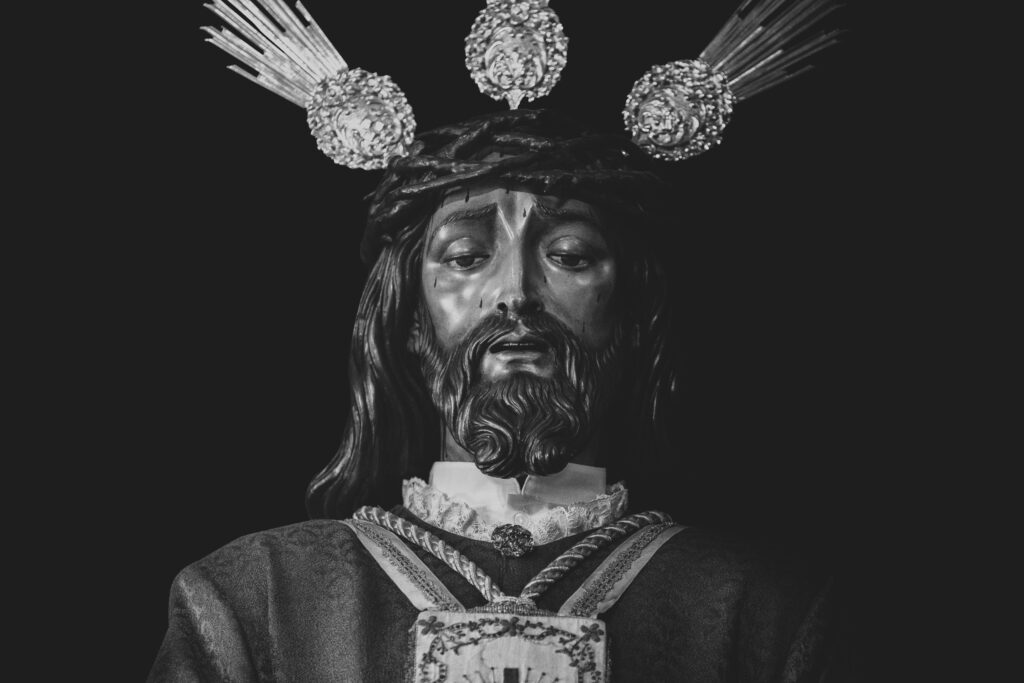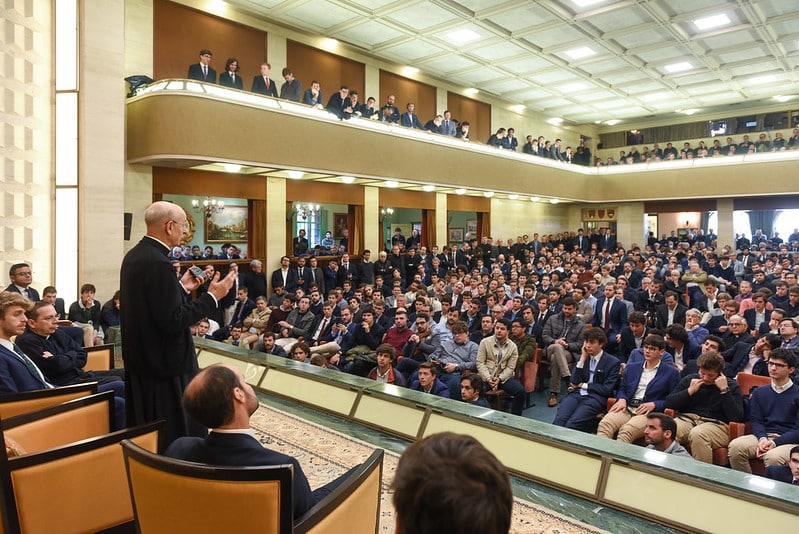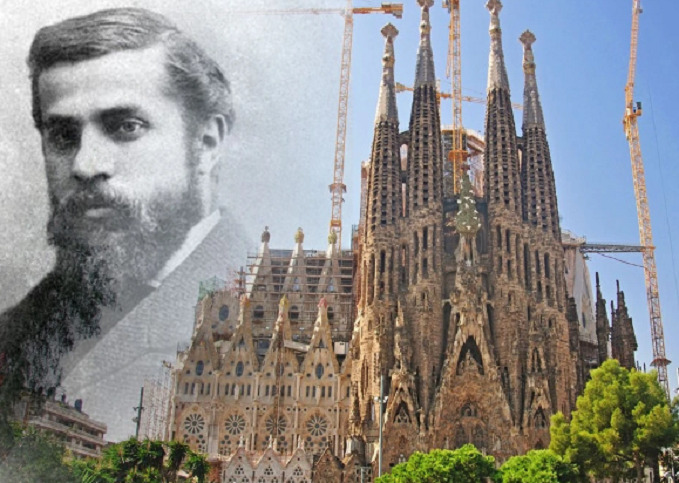Is Ecumenism A Utopia?
Week of Prayer for Christian Unity Begins Today

Is “Ecumenism a Utopia?” As every year, from January 18-25 the Week is held of Prayer for Christin Unity, which ends on the feast of the conversion of Saint Paul the Apostle. On this occasion, Exaudi shares this article on ecumenism and its challenges, written by Father Antonio Navarro Carmona, Delegate of Ecumenism and Inter-Religious Dialogue of the diocese of Cordoba, Spain, and Consultor of the Sub-Commission of Inter-Confessional Relations and Inter-Religious Dialogue of the Spanish Episcopal Conference.
* * *
Let’s be sincere: for many faithful, ecumenism is an unknown and, for a good number of priests, it’s a nice ideal but impossible to bring about. In this writing, I want to offer a reflection that will help to understand what ecumenism is for those that don’t know it, and to encourage an ecumenical effort by those that regard this cause with skepticism.
“That they may all be one; even as Though, Father, art in Me, and I in Thee, that they also may be in us, so that the world may believe that Thou hast sent Me” (John 17:21). Jesus manifests expressly the desire that His disciples live in unity of love in the same family, prolonging visibly in the world the Trinitarian mystery of the God-Love. Only thus can the mission of the Church be coherent and bear fruit. Unfortunately, we Christians do not fulfill this desire of Christ with our sins and lack of witness. This reality becomes more painful if that’s possible when the unity of Christians has been broken by complex conflicts. This fact is a clear impediment for the mission to have the Gospel reach humanity, given that the divisions among us are an anti-testimony for non-Christians. It’s quite true that the holiness and unity that Christ wanted for His Church subsist in the Catholic Church, but this doesn’t mean that all her members live that perfection of holiness and communion; however, we must be converted and foment them as a task. Likewise, we cannot remain indifferent while so many that confess Christ’s name are separated among themselves.
Hence, it’s an urgent task to restore ecclesial unity, first because that’s what the Lord wants and also because, without this unity, the mission that gives meaning to the Church sees its effectiveness diminished. The movement that seeks Christian unity is called “ecumenism.” Ecumenism isn’t an easy task, given that there are profound historical wounds between different groups, estrangement and, why not say it, strong disagreements in regard to the doctrine of faith and the Sacraments. What’s more, there are Christian groups that look at ecumenism with distrust.
It’s appropriate to recall here that none of the missions the Lord entrusts to us is “easy.” He tells us to forgive our enemies, and that we be holy as the heavenly Father is holy . . . To throw in the towel because Christian unity (as holiness) is “an impossible” indicates a great lack of faith in Christ’s promises and His grace.
Ecumenism must be lived within two coordinates, which are respectful of the truth and the living of charity. In the theological dialogue, the specialists of the different Confessions elucidate the doctrinal differences; there is debate and an attempt is made to reach ever greater common points, without ever falling into relativism or syncretism, but insincere obedience to Scripture and to the ecclesial Tradition. To promote reciprocal relationships in love and friendship is, moreover, an important assignment given that, frequently, the divisions come not only from the purely doctrinal but from historical conflicts and human prejudices.
And what can we, “ordinary” faithful and priests do? Vatican Council II tells us that the quest for Christian Unity belongs to all the faithful (Unitatis Redintegratio 5). Therefore, progress in this holy cause will depend on the commitment and dedication that we all give to it. Although the religious context of many of our parishes hardly has a presence of non-Catholic Christians, one can always pray and offer Masses; prayer has an immense value. And if the presence exists of other Confessions open to ecumenism, it’s our task to open ourselves to a relationship with these communities, following the indication that the ecclesial magisterium offers. We, Catholics, would have to take the first step, imitating God, who always has the initiative in the work of salvation, despite men’s obstinacy.
Translation by Virginia M. Forrester
Related

Words That Illuminate Our Crosses
Mario J. Paredes
16 April, 2025
6 min

More than Human
Luis Herrera Campo
16 April, 2025
3 min

Evangelization and Sanctification of Work
Exaudi Staff
16 April, 2025
6 min

Gaudí, the Mystery Revealed: The Perspective of Paloma Pía Gasset
Exaudi Staff
16 April, 2025
2 min
 (EN)
(EN)
 (ES)
(ES)
 (IT)
(IT)

